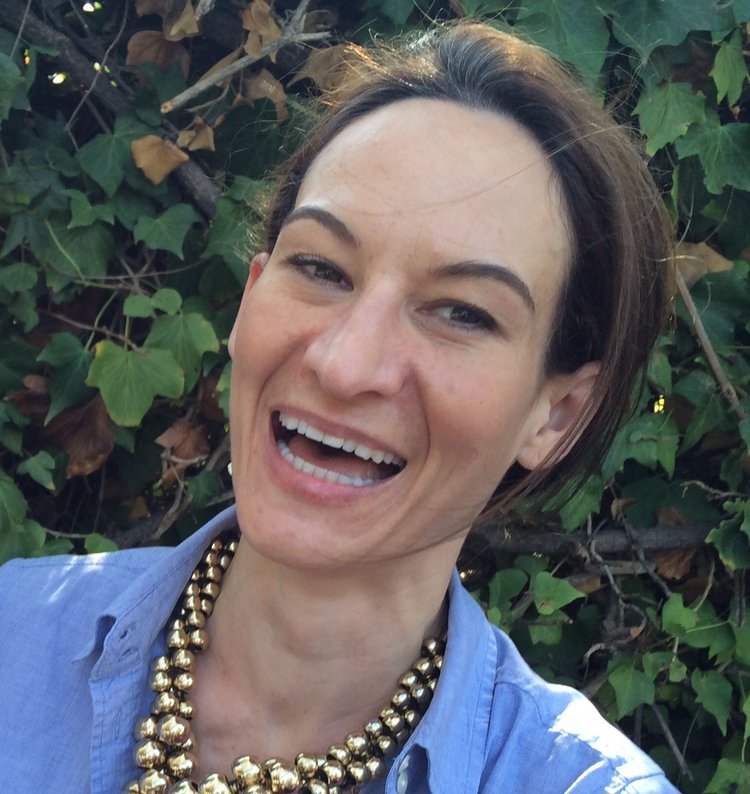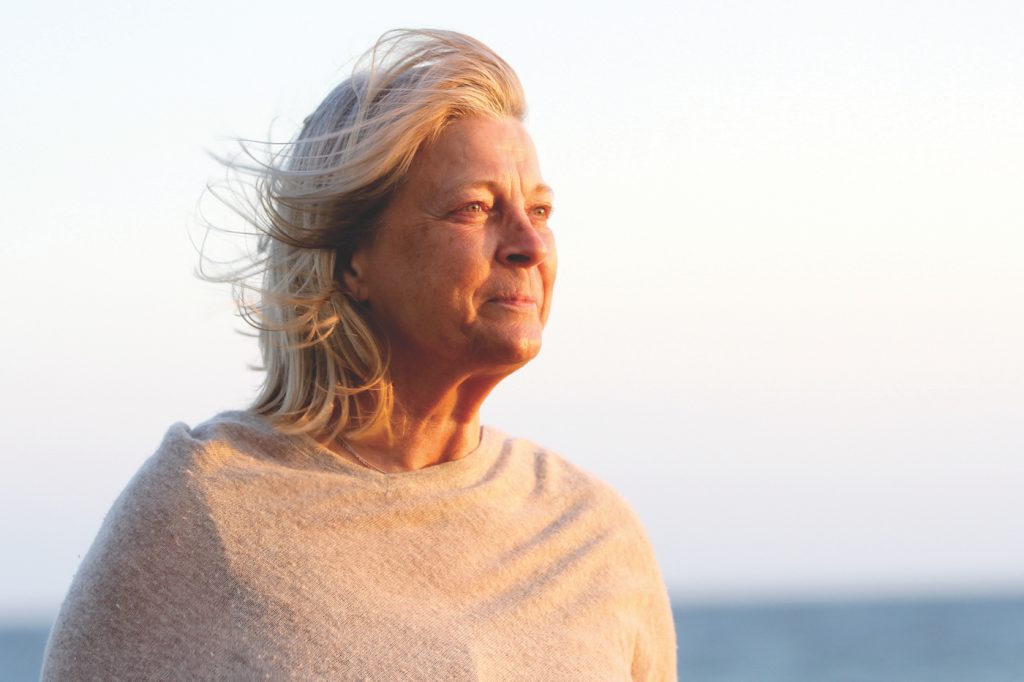Community Counseling and Education Center

“What a difference a day makes, 24 little hours,” Dinah Washington sang in 1959. “What a difference a day made, and the difference is you.”
Washington, of course, was singing about romantic love. But for Santa Barbara’s Community Counseling and Education Center (CCEC), one day can make a huge difference in others’ lives too.
One Day is the name of CCEC’s initiative that invites individuals to donate just a single day’s wages – which represents less than half of one percent – to help the nonprofit offer compassionate support for struggling community members.
Sarah Marin, CCEC’s director of operations, came up with the idea just a year after she and partner Mariela Marin, the organization’s executive director, took over running the now 38-year-old organization when co-founders Patricia Cooper and Jaclyn Henretig retired in 2017.

“I was taking a walk around the neighborhood and it just hit me,” Sarah Marin recalled. “I did the math (dividing a year into 260 weekdays) and realized that one day came out to 0.38 percent, whatever your wages are. That made even a bigger sum seem like a pretty easy pill to swallow, and even easier when you think about how every dollar that you donate to CCEC really makes a difference.”
Even more so now, when the pandemic has exacerbated everyday issues such as managing a life transition, grieving a loss, facing challenges in a relationship, or other issues that CCEC helps its clients to process and handle via confidential and affordable counseling services for individuals, couples, children, teens, and families. Now CCEC’s resources in finding healthy, healing ways to cope, providing tools for communication, and identifying and halting self-defeating coping mechanisms are in far greater demand. Even more than its bilingual counseling staff of 20 associate therapists and graduate student trainees working under the guidance and supervision of experienced clinical staff can handle.
“Oh, our waitlist is so long,” Marin said. “It’s so full that right now we are not even scheduling intakes until March, and then it’s at least another 10 weeks before you will actually see a therapist.”
What makes the numbers even more shocking, Marin said, is that almost everyone is willing to endure the wait, no matter how long.
“We placed someone yesterday who had been on the waitlist for two years,” she said, adding that the client didn’t have the resources to even afford CCEC’s heavily-discounted rate for services. “That’s how great the need is. The mental health impact of COVID is very, very, very real.”
While it’s no surprise that the pandemic has only exacerbated the gap between the demand and the availability of therapists, Marin said, the unexpected and saddest aspect is the increase in the number of children needing support. Every day parents call in to request support for their kinds who have increased levels of anxiety, feelings of isolation, depression, and not even wanting to go to school even though classes have been back in session for a while, Marin said.

“That’s a huge trend that we did not see before the pandemic. Kids were maybe ten percent of the folks who were coming into our offices two years ago. In the last few weeks, it’s been seven out of ten. We’re seeing kids as young as seven with adult levels of anxiety and agoraphobia who are afraid of being out in the world. It’s heartbreaking.”
The increase in anxiety and other issues has only cemented CCEC’s parallel missions of supplying services while simultaneously shepherding its graduate student trainees into careers as highly effective counselors and therapists – the E in CCEC’s Community Counseling and Education Center’s full name.
“We’re providing top-notch care while the students are being developed into incredible heart-centered, client-centered clinicians,” Marin said. “So our focus is also on the skills for them to be the cream of the crop of clinicians in our area.”
To that end, CCEC endeavors to fill out its staff with a range of therapists with an ambit of approaches, interests, and areas of focus to better match clients with a counselor that will be most effective for them.
“As a community agency, it’s important to have a clinical director who is really attuned to both the clients’ needs and which therapist might work the best for them,” Marin said.
In her first couple of years as director of operations, Marin upgraded CCEC’s technological support that formed an avenue to quickly pivot when the pandemic shut down in-person visits.
“We put in an infrastructure that allowed us to pivot to telehealth within a week,” she said. “Within seven days, all of our clinicians were trained in telehealth and we were able to transition to digital records and payments within a week. That really saved us in 2020.”
Now Marin and CCEC are hoping that the community will keep stepping up too, saving just 0.4 percent of a year’s earnings to support the Center’s community-based services.
Choose your own TV show or song to serve as a reminder: One Day at a Time. Any Day Now. A Day in the Life.
The titles don’t matter. The dollars do.
Community Counseling and Education Center, 923 Olive Street, Suite #1. Sarah Marin, Director of Operations. Email info@ccecsb.org. Phone (805) 962-3363. Website https://ccecsb.org.







